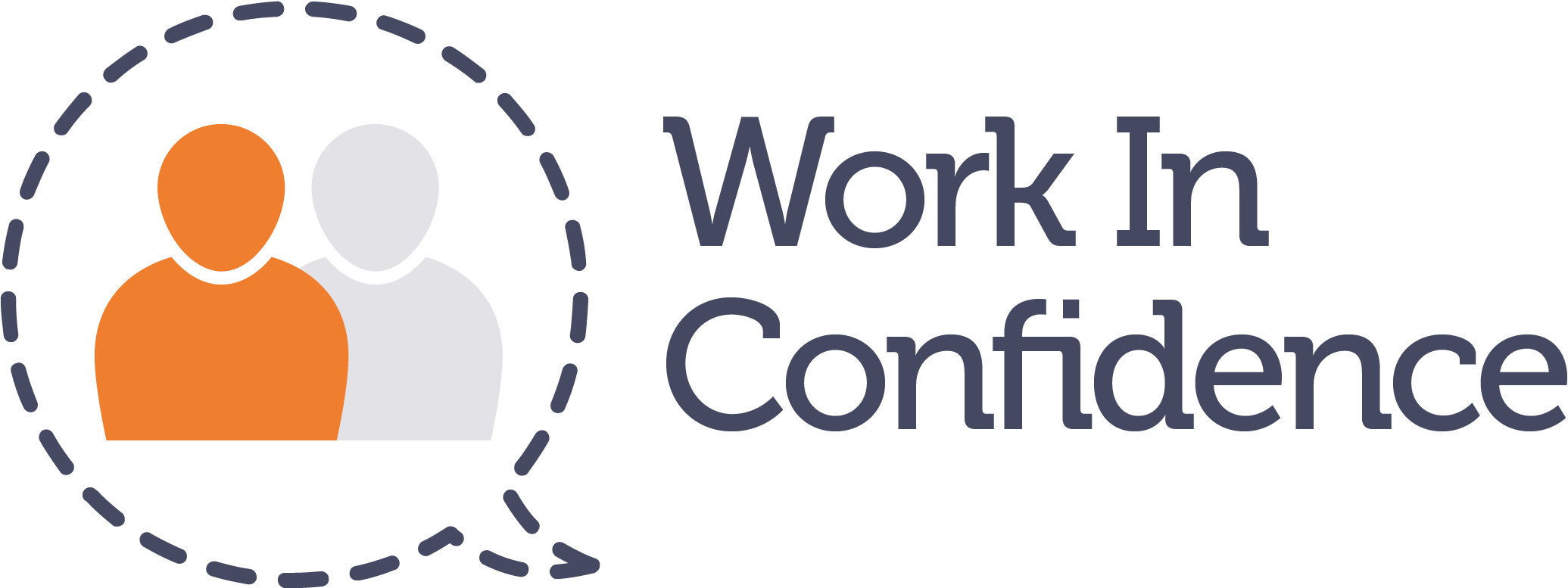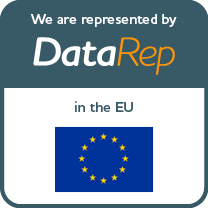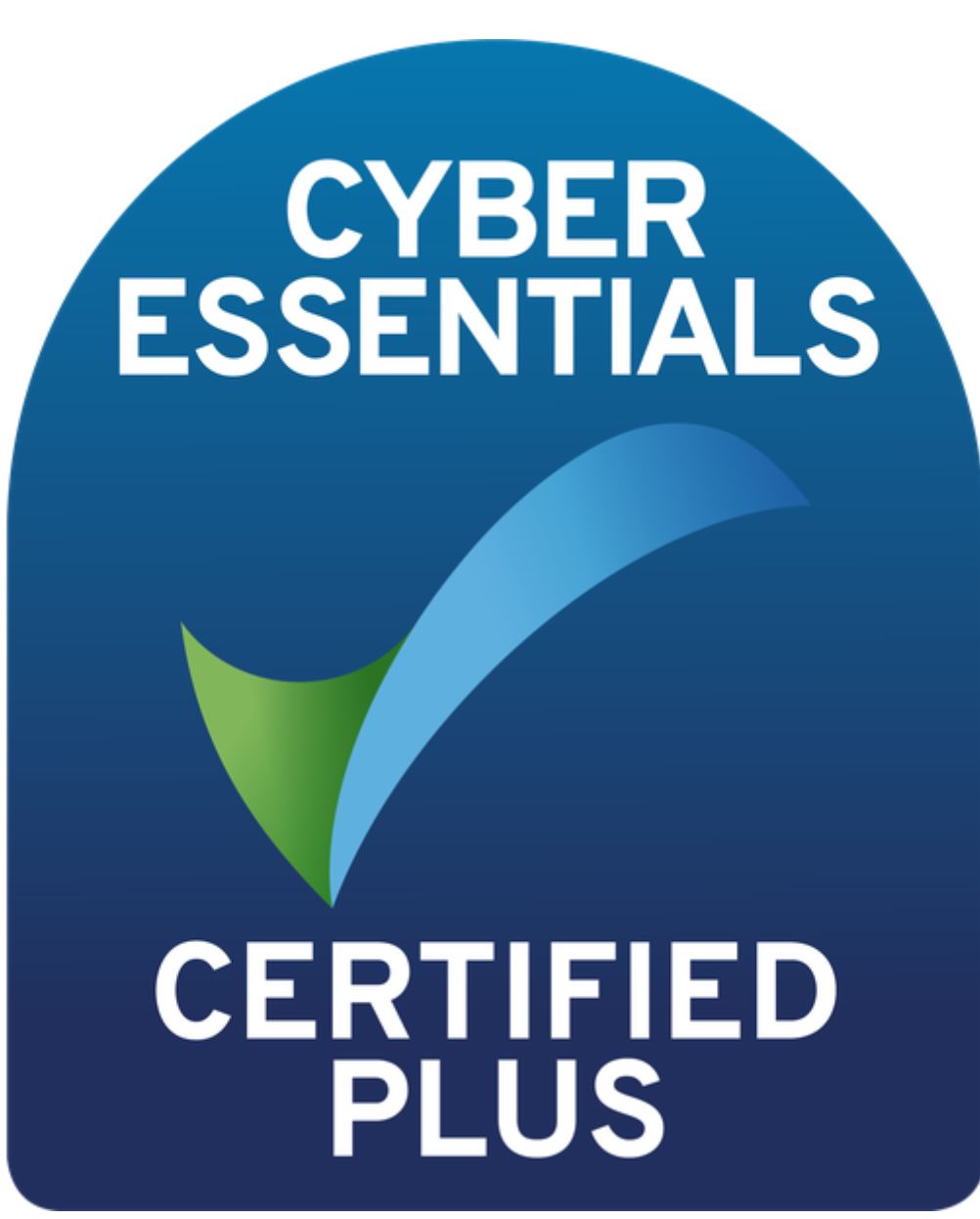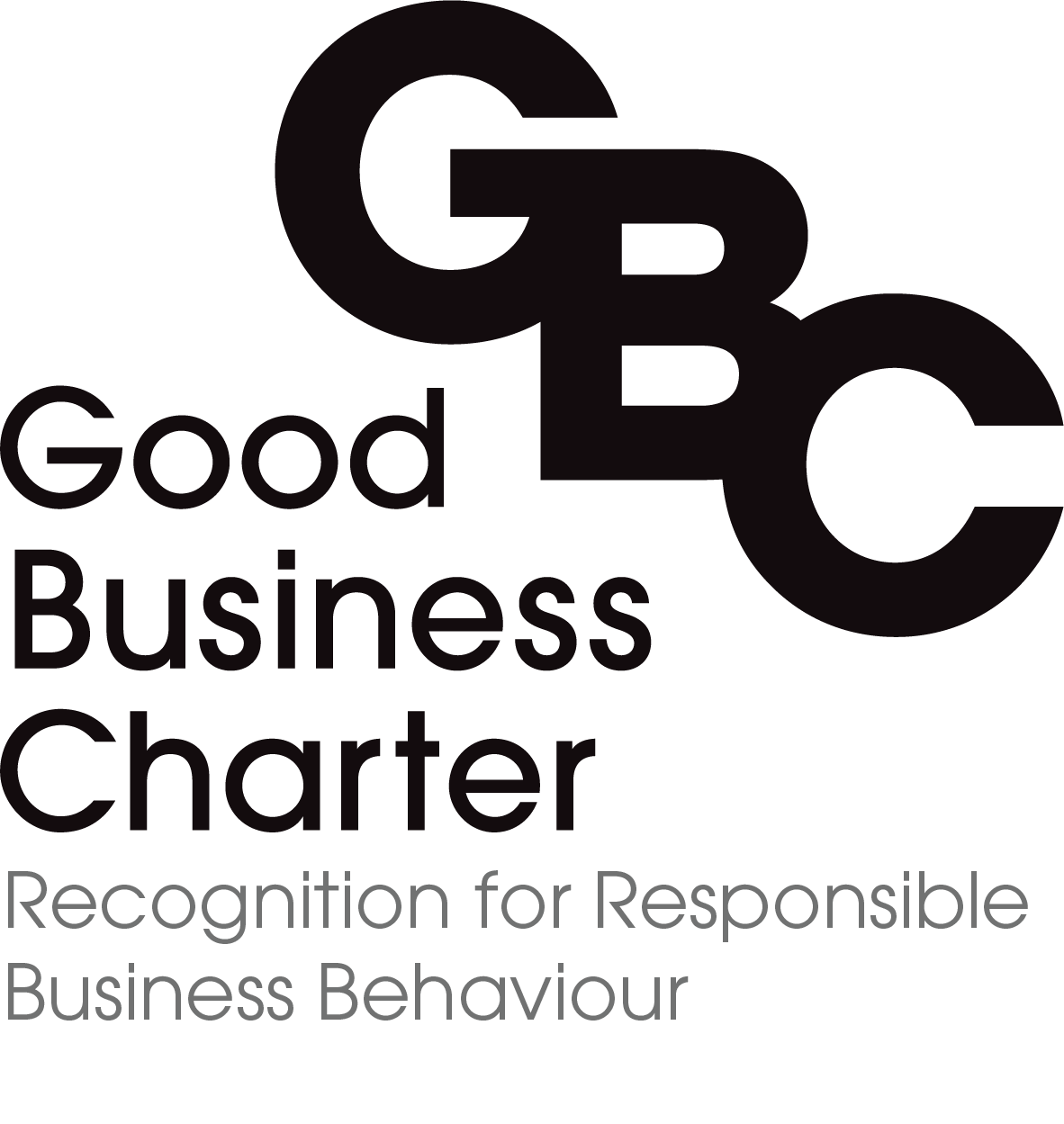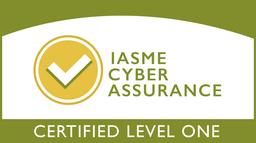Listening to Turn the Great Resignation into the Great Retention
Many employees are unhappy in the workplace. The challenge for organisations is that they don’t speak up and organisations are not listening – leaving the underlying issues to fester – ultimately leaving their jobs or undermining any efforts by the company to build a culture.
In addition, the pandemic has provided employees with an opportunity to reflect where they stand and whether the organisation they work for aligns to their personal values. It’s impacting workforces throughout the UK. When organisations are struggling to recruit good, available talent, retention of employees is becoming critical.
In addition, the pandemic has provided employees with an opportunity to reflect where they stand and whether the organisation they work for aligns to their personal values. It’s impacting workforces throughout the UK. When organisations are struggling to recruit good, available talent, retention of employees is becoming critical.
Avoiding the Great Resignation
The Great Resignation – as Wired reports – is a real challenge, and it’s no longer anecdotal. Job vacancies in July were at an all-time high in the UK and the USA. Ffinding talent to fill these roles has become more challenging. With an estimated 41 per cent of the global workforce considering leaving their employers this year, it’s high time organisations took a step back and provided a platform for listening to their employees voices. Employees are outspoken around the water cooler, however in many cases, too afraid to share the same comments, insights and concerns with managers verbally.
Most underlying issues that eat away at employees can be addressed in a civil, professional manner if only there were a way to capture the feedback.
It goes beyond providing a whistleblowing platform and once-yearly whistleblowing campaign; organisations need to be listening to their employees actively.
Colleagues want to be listened too. Unfortunately, virtual environments amplify the absence of the water cooler counselling sessions, leaving employees more frustrated and feeling like they don’t have anyone to turn to.
Most underlying issues that eat away at employees can be addressed in a civil, professional manner if only there were a way to capture the feedback.
It goes beyond providing a whistleblowing platform and once-yearly whistleblowing campaign; organisations need to be listening to their employees actively.
Colleagues want to be listened too. Unfortunately, virtual environments amplify the absence of the water cooler counselling sessions, leaving employees more frustrated and feeling like they don’t have anyone to turn to.
NHS Freedom to Speak Up Guardians lead the way
There is a solution, which entered the healthcare system before the pandemic, that has helped healthcare workers immeasurably. Freedom to Speak Up in the NHS was introduced due to the underlying feelings of fear and futility of speaking up were pervasive in the healthcare system.
The NHS has learnt a lot since the introduction of the programme in 2016. Based on these insights and understanding of a five-year-long programme, the benefits are clear to all organisations: employees seek a platform to share their stories without fear of reprisal or castigation.
The platform that WorkInConfidence created and implemented at numerous NHS facilities has helped them connect more closely with employees, which has utility in every other industry, too. Together with the Freedom to Speak up Guardians, who are impartial parties trained to listen to and facilitate confidential conversations with employees, it has provided the Guardians with a platform to log and track employee feedback. Providing a baseline to report on and the results have been encouraging.
The number of cases reported have increased year on year, indicating that healthcare workers and employees in the NHS are confident and comfortable raising concerns with Guardians. And Guardians are more comfortable tracking and reporting on progress with WorkInConfidence’s solutions.
The NHS has learnt a lot since the introduction of the programme in 2016. Based on these insights and understanding of a five-year-long programme, the benefits are clear to all organisations: employees seek a platform to share their stories without fear of reprisal or castigation.
The platform that WorkInConfidence created and implemented at numerous NHS facilities has helped them connect more closely with employees, which has utility in every other industry, too. Together with the Freedom to Speak up Guardians, who are impartial parties trained to listen to and facilitate confidential conversations with employees, it has provided the Guardians with a platform to log and track employee feedback. Providing a baseline to report on and the results have been encouraging.
The number of cases reported have increased year on year, indicating that healthcare workers and employees in the NHS are confident and comfortable raising concerns with Guardians. And Guardians are more comfortable tracking and reporting on progress with WorkInConfidence’s solutions.
Why you should have a ‘Guardian’ role in your organisation
It certainly supports a case for providing a guardian programme within your organisation. A programme that encourages feedback, understands the issues your employees are dealing with, and provides comfort to employees that you are listening to their concerns.
Don’t let your employees be pushed to the point of resignation when all they need is a platform to be heard.
A safe and secure way for your people to anonymously raise concerns via phone, tablet, or PC, ensuring you are aware of any workplace issues and can respond quickly and accordingly
A secure online place to record, track, update, and report on all speaking up matters, whether raised through WorkInConfidence or directly.
Easily set up, run and interpret surveys on engagement, respect, wellness or other topics to ensure you always understand your people, their needs and motivations.
Demonstrate your commitment to collaboration with discussion boards to accelerate employee engagement and gain greater insights – anonymous if required.
Subscribe for insights
Get actionable employee listening insight & resources, direct to your inbox
